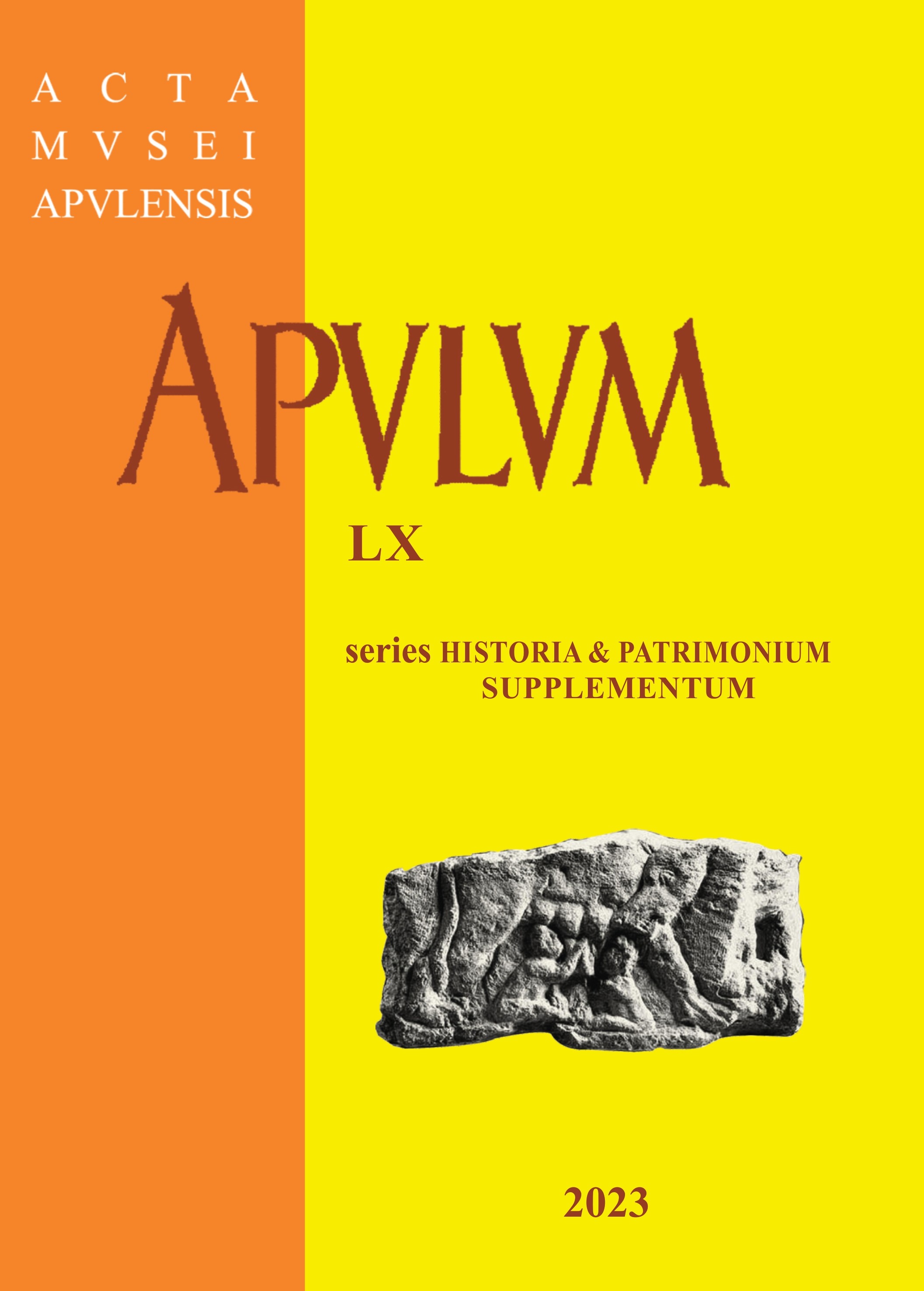PURITANISMUL AMESIAN ȘI CARTEZIANISMUL FRANEQUERAN ÎN ÎNVĂȚĂMÂNTUL TRANSILVĂNEAN DIN SECOLUL AL XVII-LEA. PRINCIPIUL IDEII DIVINE (IDEA INNATA) ÎN DISPUTA ACADEMICĂ A LUI JÓZSEF FELFALUSI ȘI TECHNOMETRIA LUI GUILIELMUS AMESIUS. STUDIU DE CAZ
Amesius's Puritanism and Frankish Carthesianism in Transylvanian Education in the 17th Century. The Principle of the Divine Idea (Idea Innata) in the Academic Dispute of József Felfalusi and the Technometry of Guilielmus Amesius. Case Study
Author(s): Örs DóczySubject(s): History, Cultural history, Modern Age, 17th Century
Published by: Muzeul National al Unirii Alba Iulia
Keywords: crisis of individuality; crisis of self-determination; Puritan individual; Cartesian knowledge; idea innata;
Summary/Abstract: This paper debates the principle of the divine idea (idea innata) by means of a parallel analysis of József Felfalusi’s work of dispute written under the guidance of Hermann Alexander Röell, entitled Disputatio philosophica de innata Dei idea… (Franequerae, 1689) and Guilielmus Amesius’s Puritan schoolbook called Technometria. The study of Guilielmus Amesius’s Puritan work Technometria has been an outstanding concern of the philological, historical and cultural research of the Helvetic education in Transylvania in the 17th century. The primary interest was the philosophical and literary analysis of the reception of Cartesian literature within Transylvanian education, through the dissertations of Transylvanian students at Dutch universities. The two concepts go beyond their own self-determined confessional thinking, beyond the glorification of their own transcendental beliefs limited by their own confession. The two programmes of spirituality and education did not aim at the ongoing restoration of divine conception (imago Dei) of Herborn millenarianism, with the tendency to re-instate humanity, the community of mankind to its happy state of creation before Adam’s fall by outlining a universal, circular system of education, converted to permanent Protestant religious reform. They analyse the constant problem of divine knowledge: the essence of the Puritan, Amesian, and Cartesian ideals by showing how the religious individual can find self-control without passion, a balanced order in his life. On the one hand, through contemplative exercises, on the other hand through repeated reading of the biblical books, the mastery of biblical and classical languages helps him understand the biblical texts in depth, in other words, a spiritual and active didactic activity of the Puritan, respectively Cartesian individual. The two modes of spiritual reflection do not contradict each other, they complement each other in the life of the Helvetic Christian, which does not flow but is accomplished. The crisis of individuality inherited from the Middle Ages was first of all a crisis of self - determination, of self - understanding. In that period, Cartesianism had a special place in this struggle for the individual. Cartesian individualism is not interpreted in the forms offered by “the authoritarian precepts of the time, but seeks to secure itself as an active, effective subject, thinking and acting according to its own will”. The Cartesian individual allowed himself to be guided solely by his thinking and faith when his experience and abilities were confirmed by the biblical precepts.
Journal: Apulum
- Issue Year: 60/2023
- Issue No: 1 supp.
- Page Range: 23-33
- Page Count: 11
- Language: Romanian
- Content File-PDF

